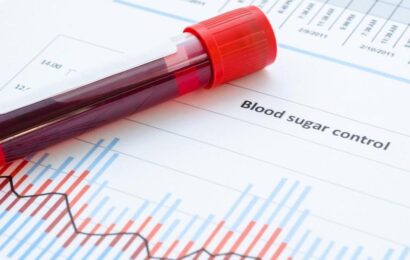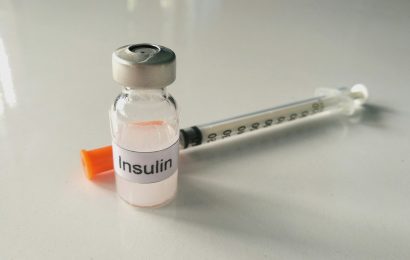Shhh…irritable bowel syndrome, or IBS, isn’t exactly a topic that one brings up at the dinner table or during a business meeting. It might even be a topic that, if you have IBS, you don’t talk about with anyone except maybe your physician. But if you’re part of the 20% of Americans who live with IBS (and yes, some of them also have diabetes), chances are you welcome any information that may just help relieve some of your symptoms. Let’s take a closer look at this condition and find out what’s being done to help those who have it.
What is IBS?
IBS isn’t a disease. It’s not the same thing as inflammatory bowel disease (IBD) or Crohn disease. And while some who have IBS would liken it to a disease, it’s actually a condition or disorder that can cause extreme discomfort, inconvenience, and even embarrassment.
One in five Americans has IBS, and women are more likely than men to have it. IBS can start early: About 50% of those who have it are diagnosed before the age of 35. In the past, this condition was called colitis, mucous colitis, spastic colon, or spastic bowel, but the proper name is irritable bowel syndrome (IBS). By the way, gastroparesis, a type of neuropathy that can occur in people with diabetes, isn’t the same as irritable bowel syndrome. Gastroparesis may cause diarrhea and/or constipation in some, but it’s primarily a disorder of the stomach, whereas IBS mostly affects the large intestine.
Ask anyone who has IBS to name some of the symptoms and you’ll likely hear a common thread:
- Abdominal cramping or pain
- Bloating
- Gas
- Diarrhea and/or constipation (they can often alternate with each other)
Many people report difficulty having a bowel movement, with an ability to pass only a small amount of stool or else pass a lot of mucus. Those who are more likely to have diarrhea report a frequent urge to “go.” Symptoms can wax and wane, too. Someone may go for months or even years without symptoms. And symptoms tend to fade or subside as one gets older.
Is IBS Serious?
IBS can certainly be debilitating for people. Many report having to plan their day around finding a bathroom. Others shun social activities for fear of having an accident, while some complain of pain and discomfort. But there’s no evidence that IBS leads to any serious problems or disease, such as inflammatory bowel disease or colon cancer.
What Causes IBS?
You’d think that when so many people have a condition, whether it be IBS or even diabetes, the cause would be pretty obvious. However, no one really knows what causes IBS. The intestinal tract is connected to the brain via the nervous system. Stress, hormones, neurotransmitters, and even the immune system may play a role in disrupting or interfering with communication between the brain and the intestine. Because of this, the muscles lining the intestinal wall can contract or even spasm, leading to cramps and pain. Furthermore, the contents of the intestines may move through either too quickly, leading to diarrhea, or too slowly, leading to constipation. Basically, things get out of sync.
Researchers also believe that some people have “sensitive intestines” (now who would have thought intestines could be sensitive?). In other words, some people with IBS apparently have intestines that react more strongly to certain factors, such as:
- Stress. People react to stress in all different ways, and it’s no surprise that IBS symptoms can flare up or worsen when stress is evident. Stress doesn’t cause IBS, though.
- Food. Some foods are triggers for IBS flare-ups. Chocolate, alcohol, caffeinated drinks, and sugar-free candies may be culprits for some people (but not necessarily for everyone).
- Hormones. Flare-ups might occur during menstruation, for example.
- GI infection. There’s some thought that having a stomach bug (gastroenteritis) may lead to IBS symptoms, even though the infection may be long gone. And some research indicates that IBS might even be caused by a GI infection. One study found that 78% of IBS patients had bacterial overgrowth in the small intestine.
- Medication. Antibiotics may also trigger IBS symptoms.
Next week: How do you know if you really have IBS?




